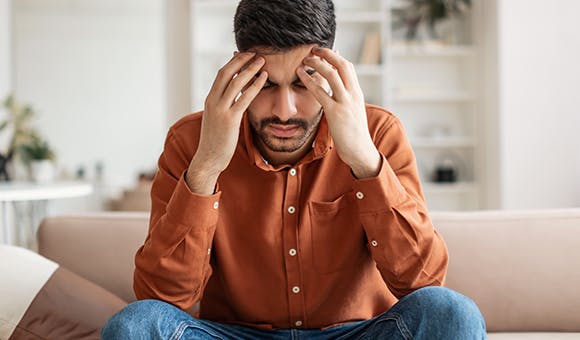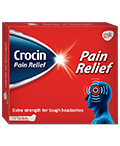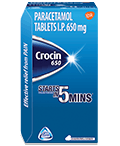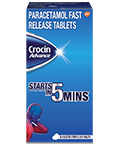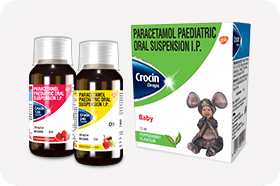Children's Dosage Calculator
For the correct dosage, enter child's age and weight:
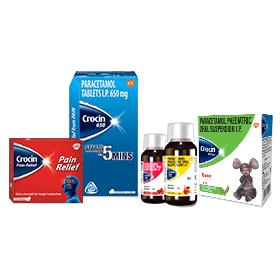


Trusted Pain Relief for Every Stage of Life
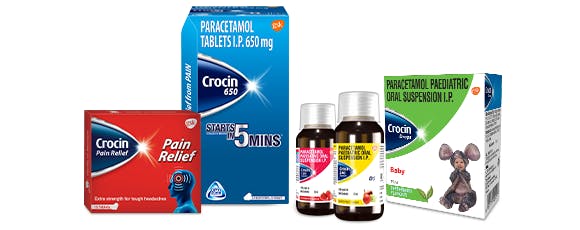
Pain is our body’s natural way of telling us something’s wrong. But not everyone feels pain in the same way, and as one of the world’s leading paracetamol-based pain relievers, Crocin’s clinically-proven products can help treat your pain and other symptoms and get you feeling like yourself again.
With 65 years of expertise, discover the Crocin pain relief range – each specially developed for every stage of life to help you and your family when you need it most.

Understanding Your Symptoms
If you or your family is in pain, it’s important to understand your symptoms before choosing a treatment. Explore our symptom guides for adults and children using the links below.

Fever

Flu

Headache

Sinus

Choosing the Right Pain Relief for You
From headaches to fevers or injuries, there’s always a form of pain relief to help treat or manage your symptoms. Discover your options using the simple guides below.
Important Safety Notice about Crocin
This product contains paracetamol; do not take it with other medicines that also contain paracetamol. Paracetamol is contained in many medicines to treat pain, fever, symptoms of cold and flu, and sleep medicines. If you have liver or kidney disease, talk to your doctor before taking paracetamol. Do not take more than the recommended dose, as this may be harmful, including serious harm to your liver.

Our Best-Selling Pain Relievers
Meet the Crocin products that are helping the nation break free from pain and get back to doing what they love.

Most Popular Articles
Children's Products
Crocin For Adults
Crocin & pain relief
Crocin for adults

